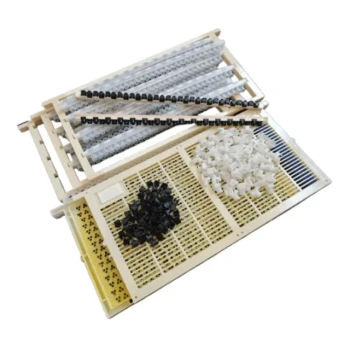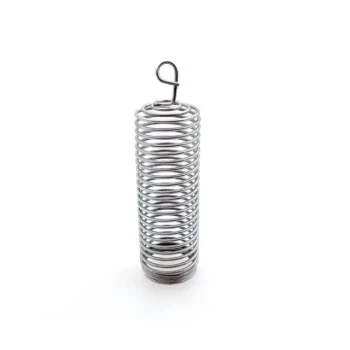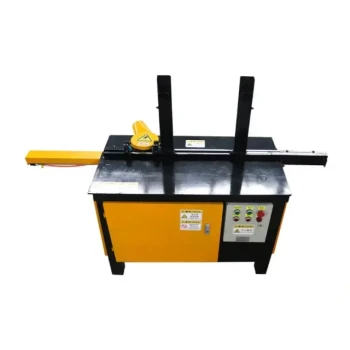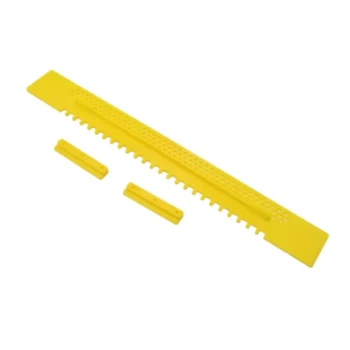Selling nucleus colonies, or "nucs," is an increasingly lucrative source of income for beekeepers. This profitability is driven by a high demand for live bees, particularly from a growing number of new beekeepers, making nucs a product that can sometimes generate more revenue than traditional honey production or pollination services.
A beekeeper's income is not limited to honey. By selling nucs, you shift from selling a hive's product (honey) to selling the hive itself—a higher-value asset that meets the critical needs of a growing market.
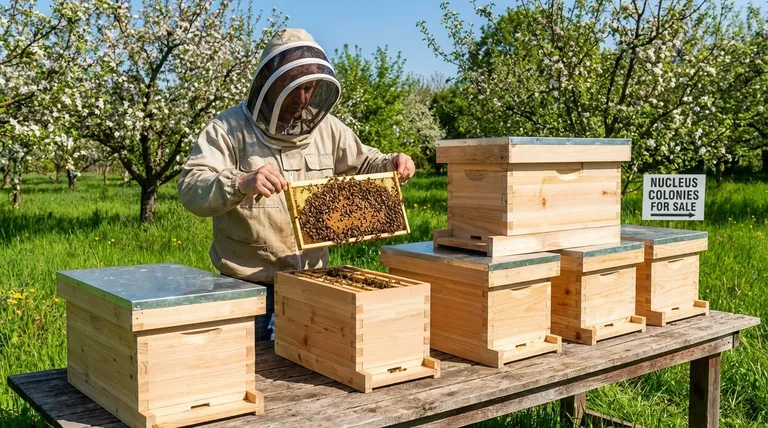
The Value Proposition of a Nuc
A Fully Functional Starter Hive
A nuc is not just a box of bees; it is a small, established colony. It contains a proven, laying queen and several frames of brood, honey, and pollen.
This complete structure gives the colony a significant head start once installed in a full-sized hive.
Reducing Risk for New Beekeepers
For beginners, a nuc is far less intimidating than a "package" of loose bees. A nuc eliminates the difficult and often unsuccessful process of introducing a new queen to a colony.
Because the queen is already accepted and laying, the colony can begin to expand its population and build resources immediately. This drastically increases the chances of a successful first year.
Economic Advantages of Selling Nucs
Capturing a High-Demand Market
The number of hobbyist and new beekeepers is steadily increasing. These individuals need bees to start their hives, creating a consistent and reliable customer base each spring.
This demand makes finding buyers for well-made nucs a relatively straightforward process.
Higher Profitability Per Hive
Selling nucs can be more profitable than selling honey. A single nuc often sells for a price equivalent to the value of several gallons of honey.
By splitting a strong, productive hive, a beekeeper can create multiple nucs for sale, multiplying the income potential from that single parent colony.
A More Predictable Business Model
While honey production is subject to the whims of weather and nectar flow, the demand for nucs is concentrated and predictable in the spring.
This allows beekeepers to plan their production schedule and sales efforts more effectively than simply waiting for a honey harvest.
Understanding the Trade-offs
Impact on Honey Production
Creating nucs requires you to take resources—brood, bees, and food—from your strongest hives. This directly reduces the foraging workforce of the parent colony.
Therefore, a hive used for nuc production will produce significantly less honey in that season. You are fundamentally choosing to produce bees instead of honey.
Requires Advanced Skills
Producing high-quality nucs is not a passive activity. It requires skill in colony assessment, queen rearing (or sourcing), and timing hive splits effectively.
Poor quality nucs with weak queens or insufficient resources will damage your reputation and are unlikely to thrive for the customer.
Increased Labor and Equipment
The process of splitting hives, managing mating nucs, transferring frames, and preparing nucs for sale is labor-intensive.
It also requires an inventory of nuc boxes and other specialized equipment beyond what is needed for basic honey production.
Making the Right Choice for Your Goal
Deciding whether to focus on nucs or honey depends entirely on your operational goals and local market.
- If your primary focus is maximizing profit per hive: Selling nucs in an area with many new beekeepers often provides a higher and more direct financial return.
- If your primary focus is a more traditional, less intensive model: Focusing on honey production may require less complex hive management and queen-rearing skills.
- If your primary focus is diversification: A hybrid model, selling a few nucs from your strongest hives while managing the rest for honey, can balance your risks and income streams.
By understanding the unique demands of producing nucs, you can strategically align your beekeeping operation with the most profitable market available to you.
Summary Table:
| Aspect | Focus on Nucs | Focus on Honey |
|---|---|---|
| Primary Income Source | Selling established colonies | Selling hive products (honey, wax) |
| Target Market | New beekeepers needing starter hives | Consumers, retailers |
| Profit Potential | High per hive (direct sale of asset) | Variable (depends on harvest) |
| Labor & Skill Level | High (requires queen rearing, splitting) | Moderate (standard hive management) |
| Seasonality | Predictable spring demand | Dependent on nectar flow/weather |
Ready to scale your nuc production and boost your profitability? HONESTBEE supplies commercial apiaries and beekeeping equipment distributors with the high-quality, wholesale-focused supplies needed for efficient nuc creation and management. From durable nuc boxes to essential hive tools, we provide the reliable equipment that supports a successful nuc-selling operation. Contact our experts today to discuss your wholesale needs and build a more profitable beekeeping business.
Visual Guide
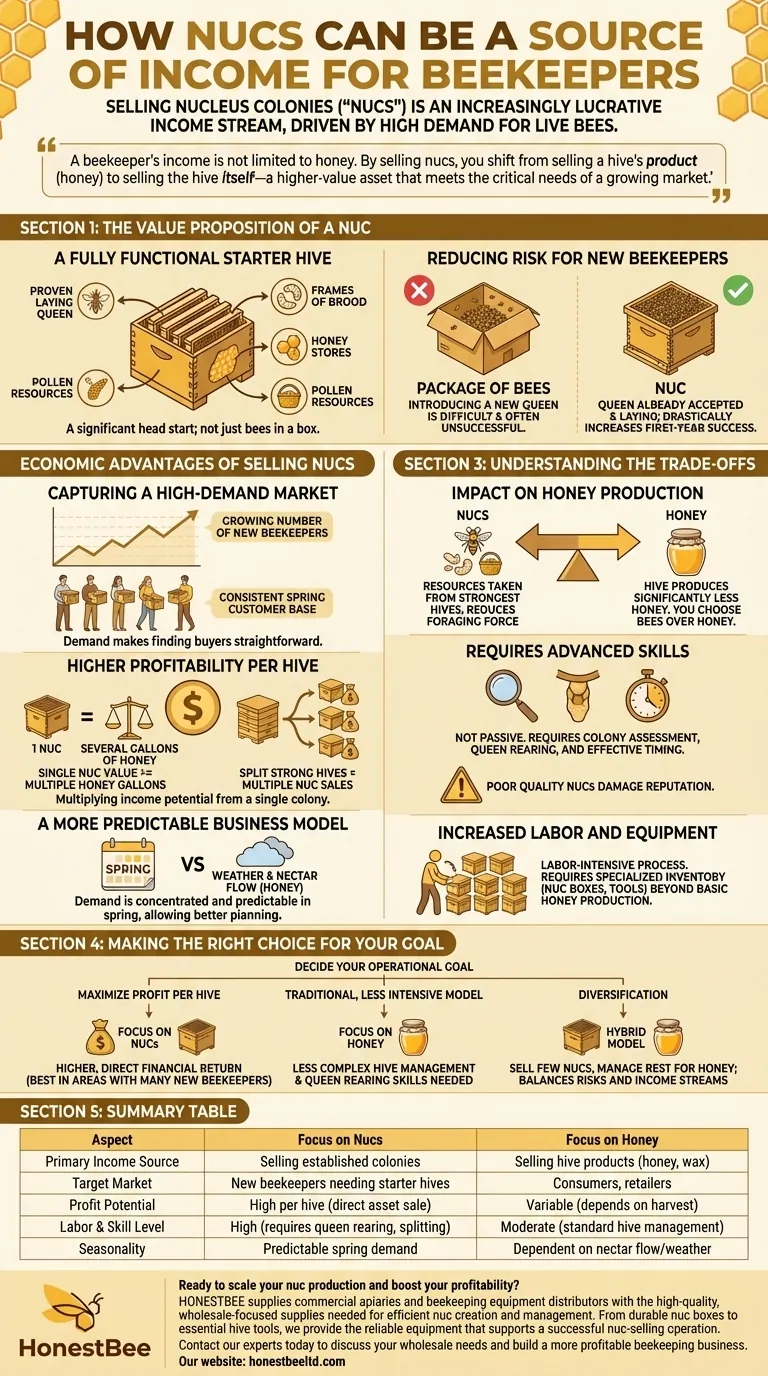
Related Products
- 5 Frame Wooden Nuc Box for Beekeeping
- No Grafting Queen Rearing Kit: System for Royal Jelly Production and Queen Rearing
- Nicot Queen Rearing Kit for Beekeeping and Grafting in Nicot System
- Jenter Queen Rearing Kit Complete Set for Bee Breeding
- Langstroth Honey Bee Box Hive Boxes for Different Depths
People Also Ask
- What frames should be moved into the queenless hive when requeening with a nuc? Ensure a Successful Queen Introduction
- What is the advantage of overwintering a nucleus? A Strategic Asset for Beekeeping Success
- What is a common feature of many 5-frame nuc boxes? The Integrated Feeder for Efficient Colony Growth
- When can nucleus colonies (nucs) be created? Optimal Timing for Apiary Growth and Survival
- How many frames does a typical wooden nuc box hold? A Guide to Choosing the Right Size

